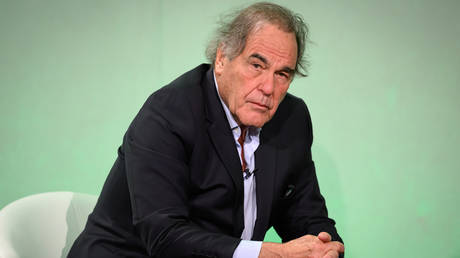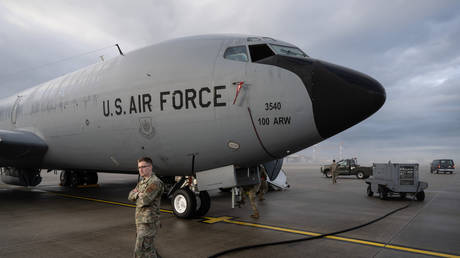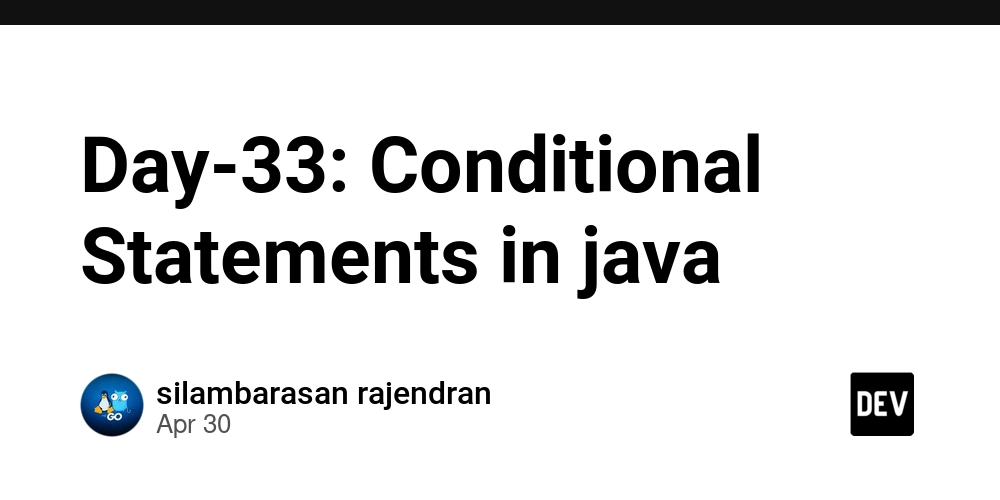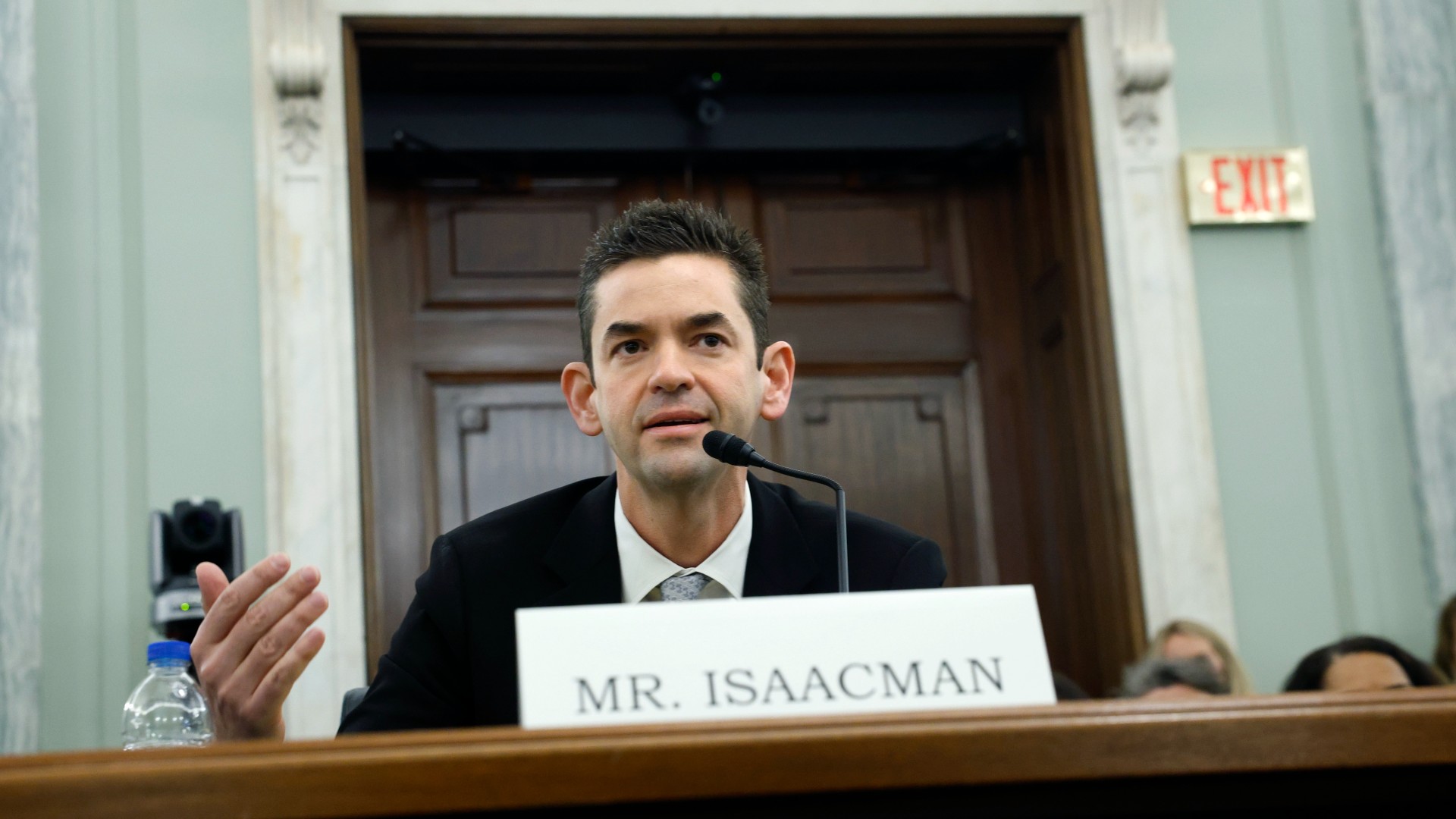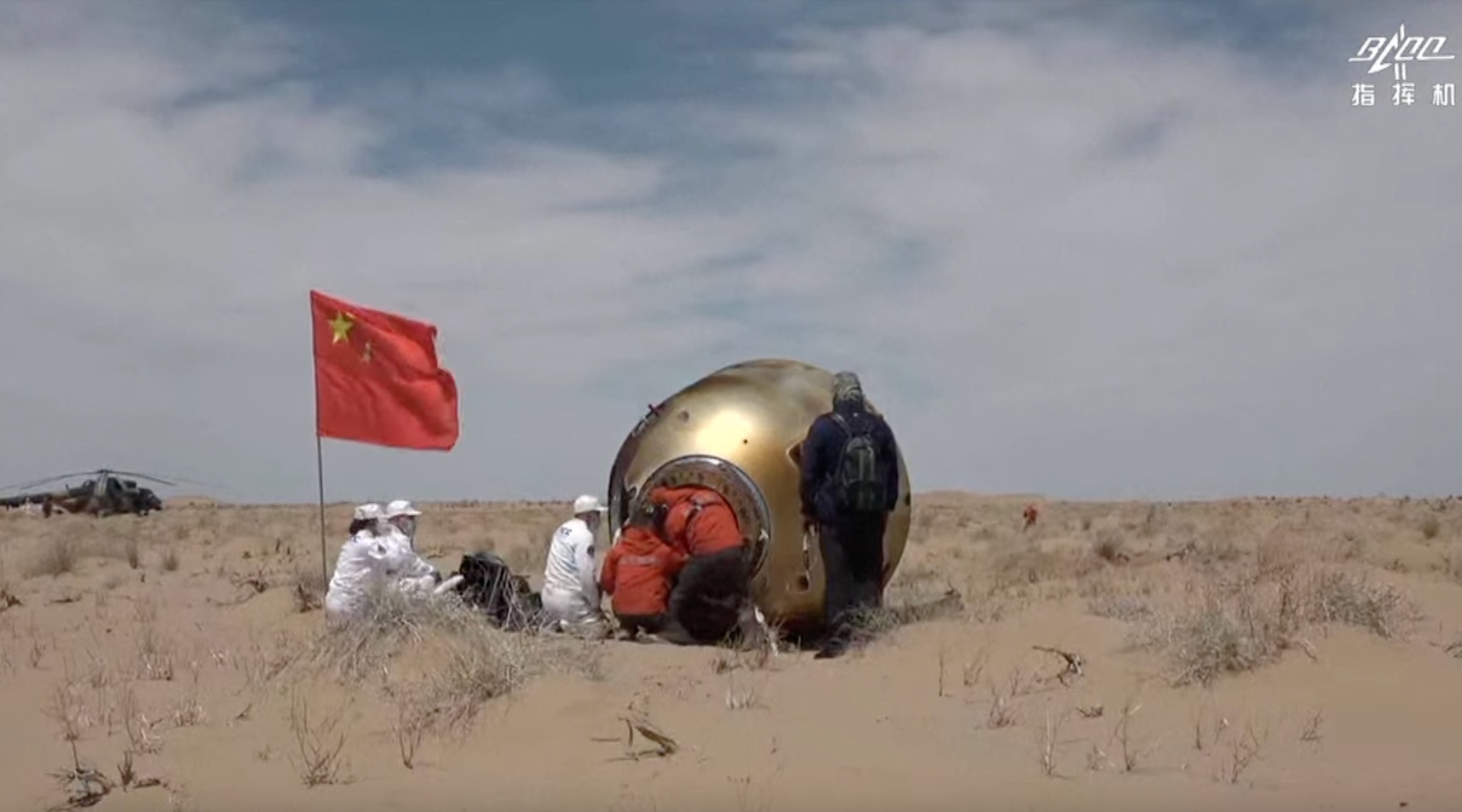White House scales back auto tariffs
The Trump administration is scaling back its 25 percent tariffs on imported automobiles and auto parts that are scheduled to go into effect May 3. The Trump administration said it will spare foreign auto parts from facing a double hit from the president's auto tariffs and his previously imposed import taxes on foreign metals, instead...

The Trump administration is scaling back its 25 percent tariffs on imported automobiles and auto parts that are scheduled to go into effect May 3.
The Trump administration said it will spare foreign auto parts from facing a double hit from the president's auto tariffs and his previously imposed import taxes on foreign metals, instead charging the highest available rate per product.
The administration will also allow automakers to apply for 15 percent price offsets in the first year of the tariffs and a 10 percent offset in the second year in a bid to get companies to increase domestic production of automobiles.
The cost reductions for carmakers — which the administration is calling offsets and distinguishing from rebates — will be phased out in the third year, by which time officials expect auto supply chains to be sufficiently reshored. After the end of the second year, the 25 percent import tax on auto parts will be levied in full.
On a call with reporters Tuesday, White House and Commerce Department officials said that the 15 and 10 percent reductions would be applied to the manufacturer's recommended car price.
Walking through the calculations, officials multiplied the 15 and 10 percent offsets to the 25 percent auto part tariff rate, arriving at effective tariff reductions of 3.75 percent and 2.5 percent.
The average value of the offset would be around $1,500 per vehicle, they said.
The reductions would apply equally to foreign automakers and domestic automakers as long as production takes place within the United States and uses American workers.
The decision to reduce tariffs rates on car parts was made with input from the auto industry, who argued that it would take time to adjust their supply chain toward increased domestic production. Administration officials said that this argument struck them as reasonable and practical.
Auto parts covered under the U.S.-Mexico-Canada Agreement (USMCA), which were exempted from previous tariff increases, would continue to be exempt, officials said.
The United Auto Workers (UAW) labor union did not immediately respond to a request for comment on the auto part tariff reduction, but the group came out in support of Trump’s auto tariffs when they were announced in March.
The tariffs mark "the beginning of the end of a thirty-plus year ‘free trade’ disaster,” the group said last month.
The UAW said the tariffs “signal a return to policies that prioritize the workers who build this country—rather than the greed of ruthless corporations.”
Trump has issued several similar modifications and reversals during the rollout of his tariff orders so far.
He exempted goods covered under the pre-existing USMCA from his 25 percent tariffs on Canada and Mexico, along with canceling the end of the “de minimis” exemption on shipments from China worth less than $800.
He also ordered a 90-day pause for his “reciprocal” tariffs of various rates on dozens of U.S. trading partners.



